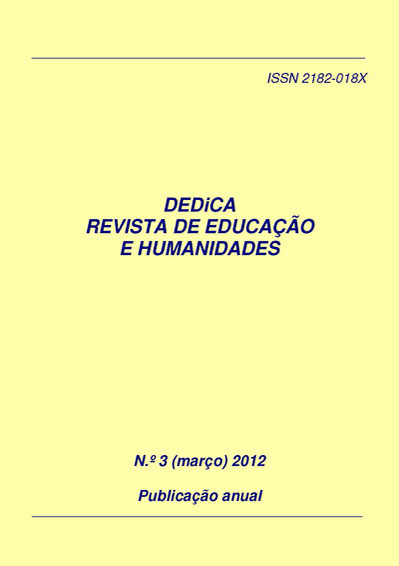Program for improving socio-cognitive skills in elementary and secondary students from different cultural backgrounds in the Autonomous City of Melilla
Main Article Content
No. 3 (2012), Articles, pages 229-242
Submitted: Feb 26, 2018
Accepted: Feb 26, 2018
Published: Mar 1, 2012
Abstract
Social and cognitive skills are founded on perspectives of positive development in young people. In this regard, the resources that they must have at their disposal in order to become competent adults have been central to research in this area (Gutierrez; Escartí, Pascual, 2011). We must consider socio-cognitive skills within a cultural and contextual framework, taking into account the communication patterns of each culture, given the great variety of these across and within cultures. This paper highlights the importance that socio-cognitive skills may have in achieving harmonious relations among schoolchildren, which will favor the teaching-learning process. To this end, we present a summary of the design and implementation of a program whose aim was to prevent disruptive behavior in schools. The objectives of our intervention were: social and communication skills, development of values, problem-solving, creative thinking, and emotional control, all of which are linked to the development of pro-social behavior (Seijo; Novo; Arce; Fariña; Mesa, 2005). Intervention was conducted with a sample of 441 Elementary and Secondary students, from four schools in the Autonomous City of Melilla. Finally we discuss the main results of our study.
Keywords:
training in social skills, intercultural population, education, disruptive behavior
Downloads
Download data is not yet available.
Article Details
How to Cite
Seijo Martínez, D., Novo Pérez, M., & Mohamed Mohand, L. (2012). Program for improving socio-cognitive skills in elementary and secondary students from different cultural backgrounds in the Autonomous City of Melilla. DEDiCA. Journal of Education and the Humanities, (3), 229–242. https://doi.org/10.30827/dreh.v0i3.7099



